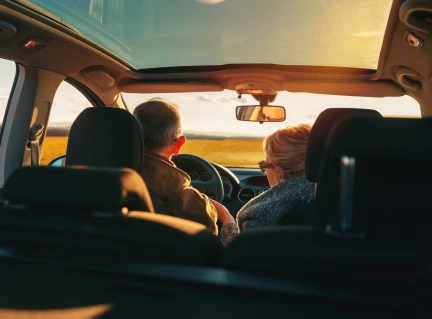In the United States, a car is generally considered to be totaled when the cost of repairs exceeds the value of the vehicle. However, even if your car isn’t totaled, an accident can still cause your car to lose value. The loss in value is called «diminished value» and it occurs because potential buyers are willing to pay less for a car that’s been in an accident. Here we will discuss how much an accident can devalue your car and what you can do about it.
When you get into an accident, the first thing you should do is call your insurance company. Your insurance company will then send out an adjuster to assess the damage to your vehicle. The adjuster will give you a repair estimate and determine if your vehicle is a total loss or not. Even if your vehicle isn’t totaled, it may still have sustained enough damage that it needs to be repaired at a body shop.
How much does an accident devalue a car?
It depends on a number of factors including:
- the severity of the damage
- the make and model of the vehicle
- whether or not there is a record of the accident
- how well the repairs were done.
The average car loses about 20% of its value after a single car accident, according to industry experts. If your car is totaled in the accident, it will likely be worth less than that. And if you have a history of accidents, your car will be worth even less.
The worth of your car prior to the accident depends on its age, make, model, features you added, color, and style. The price of your car also depends on whether you've had accidents before. Finally, the value is affected by how old or classic your car is.
Why does the value of your vehicle decrease after a wreck?
There are a few reasons for this. First, dealerships and private sellers are typically very reluctant to purchase or accept vehicles that have been in an accident, even if they have been fully repaired. Second, cars that have been in an accident are more likely to have hidden damage that may not be immediately apparent but could cause problems down the road. Finally, insurance companies often take into account a vehicle’s accident history when calculating premiums, so having an accident on your record can make your insurance rates go up.
Another reason why accidents decrease the value of cars is that they create a record of damage that can be accessed by potential buyers through a service like the vin decoder. This means that even if you get your car repaired perfectly, potential buyers will still know that it was in an accident and they will be less likely to pay full price for it.
Will an insurance company pay for diminished value?
It depends on the insurer and the state you live in, but generally speaking, no — most insurance companies will not reimburse you for the diminished value of your car after an accident. They may reimburse you for some of the repairs, but not for the loss in value.
However, if you think your insurance company should pay for some or all of your diminished value, you can always try negotiating with them. You may also want to consult with a lawyer to see if there are any legal options available to you.
How would a buyer know that my car was damaged?
If you try to sell your car privately after an accident, potential buyers will almost certainly find out about the damage through a vehicle history report. Vehicle history reports are easily accessible online and will show any accidents or other major damage that has been reported on the vehicle over time. So if you try to sell your damaged car without disclosing the damage, chances are good that you will eventually get caught and could face legal repercussions.
It is not a good idea to purchase a used car that has been in an accident. But before you buy a vehicle like that, get it thoroughly inspected by a licensed mechanic. They will be able to inform you of the damage's severity and whether or not it has been effectively fixed.







